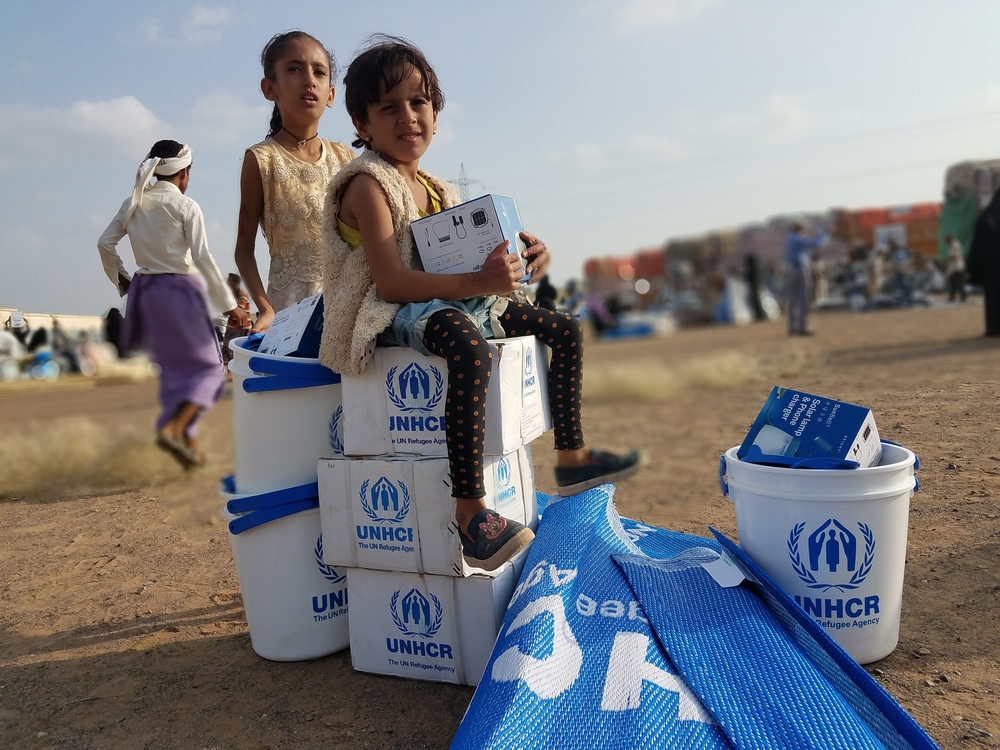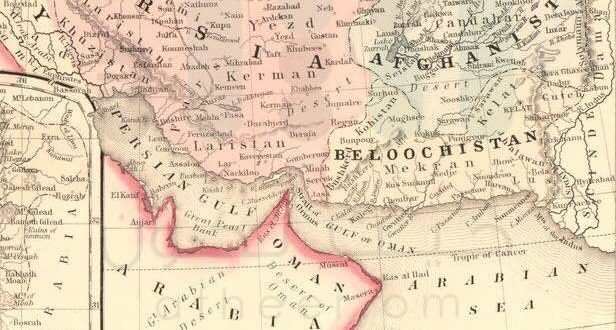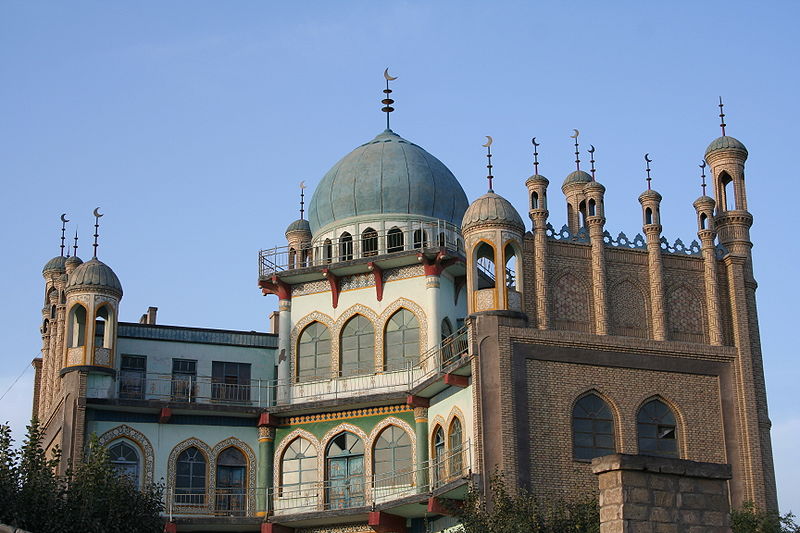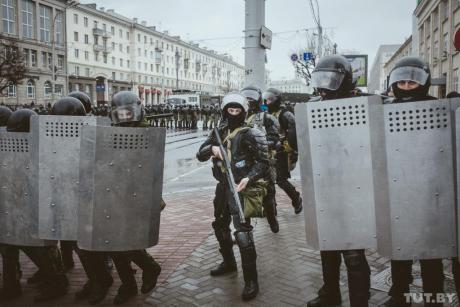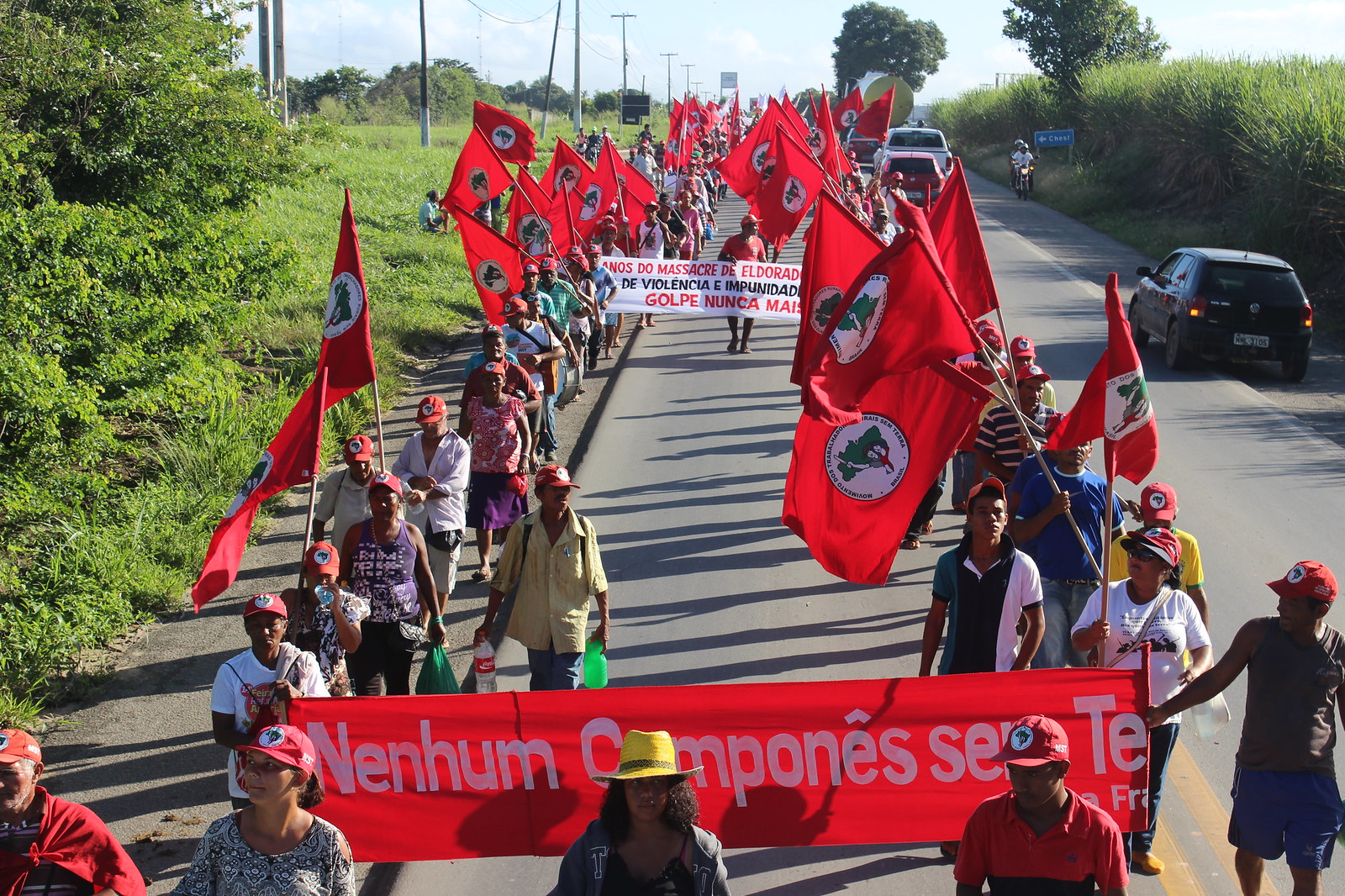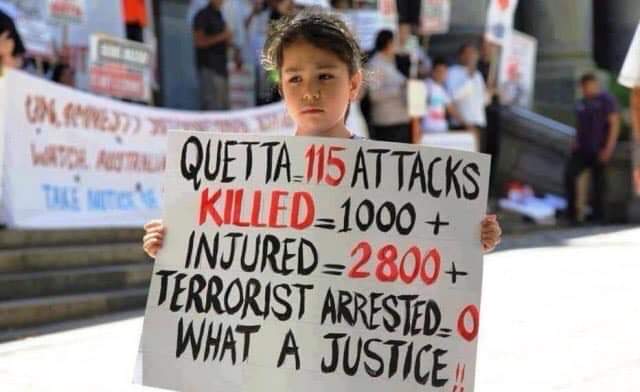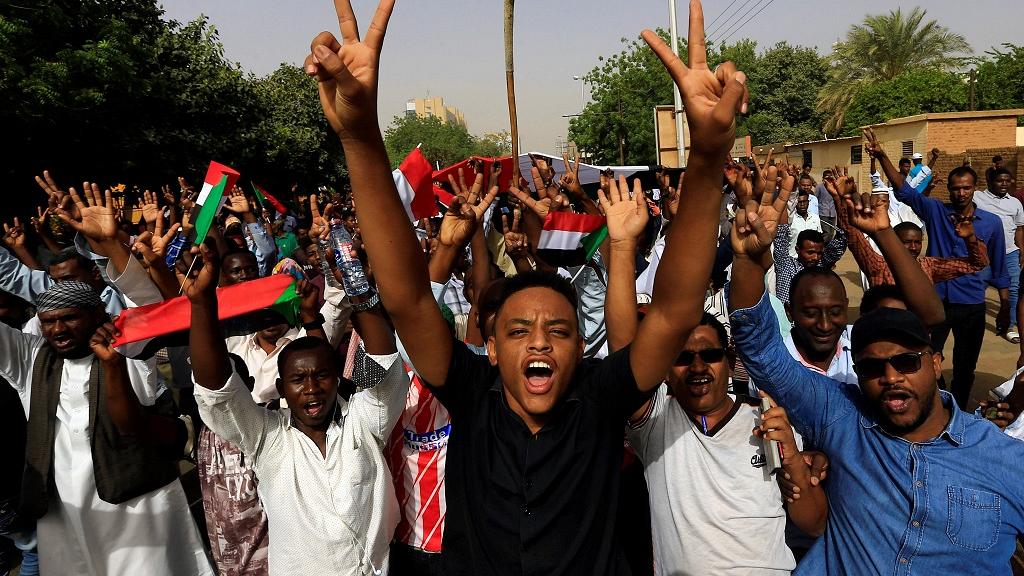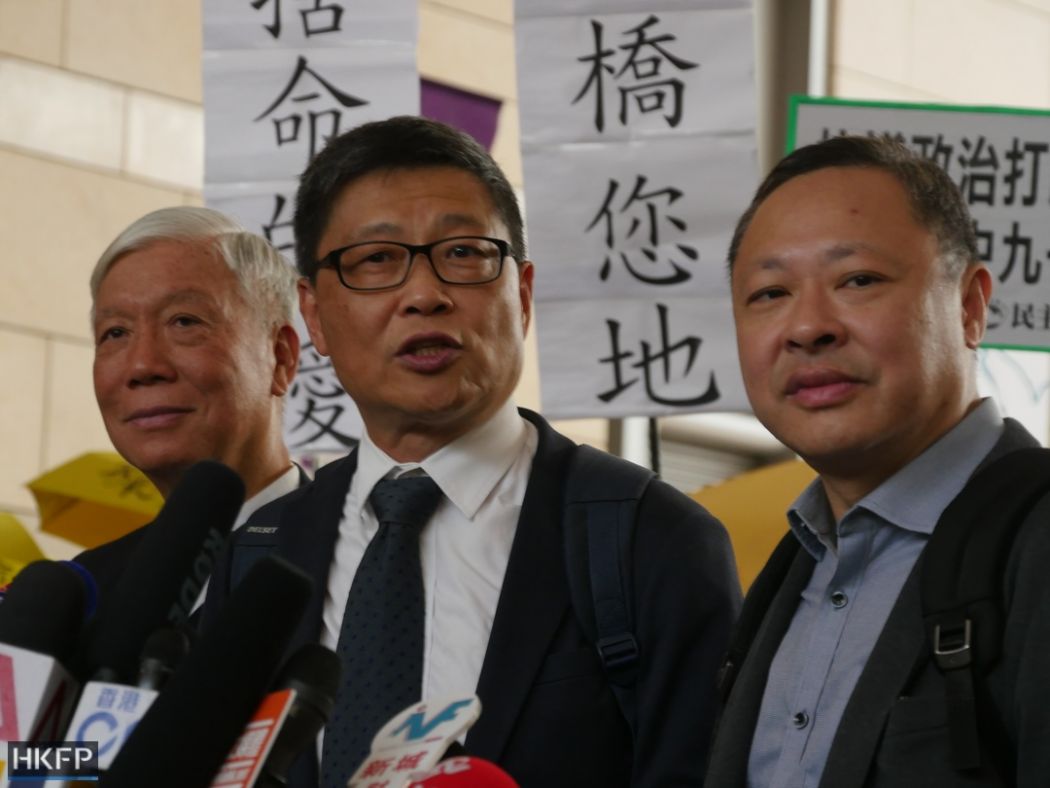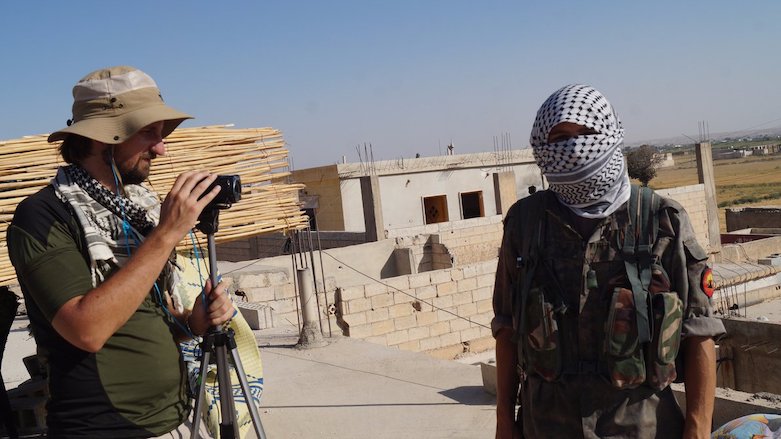
Muslim leaders had warned of Sri Lanka terror
ISIS claimed responsibility for the Easter Sunday attacks in Sri Lanka that left over 300 dead, and released a video purporting to show the militants behind the attacks pledging allegiance to the terror network’s leader Abu Bakr al-Baghdadi. But Sri Lankan authorities had named a little-known militant group called National Thowheeth Jama’ath as behind the attacks. Leaders of the Muslim Council of Sri Lanka said they had warned military intelligence officials about National Thowheeth Jama’ath three years ago, saying the group was planning attacks on non-Muslims. (Photo: Sahad Shady via Twitter)



